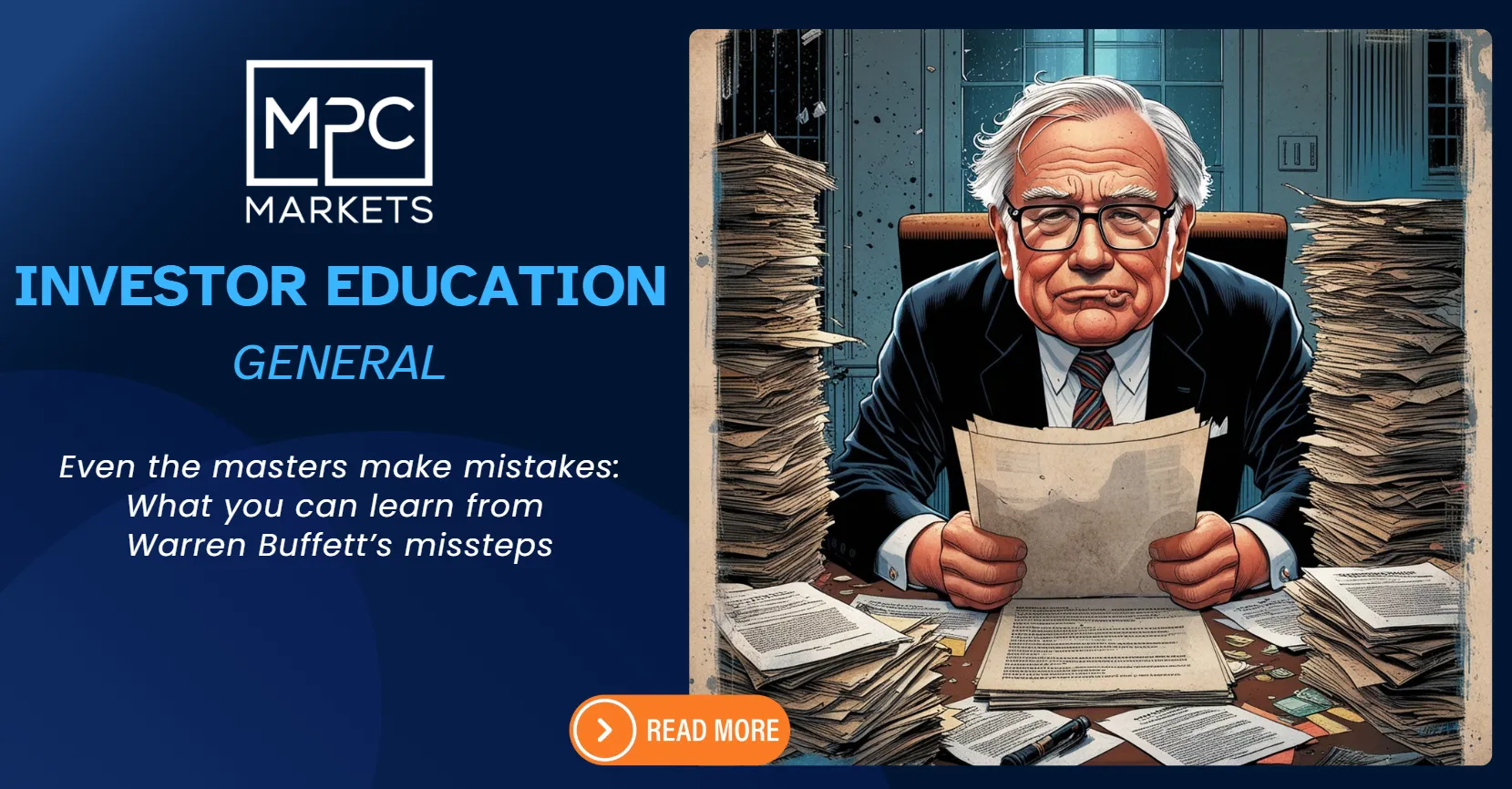Warren Buffett’s investment journey, spanning over eight decades, offers a treasure trove of lessons for investors of all levels. While his successes are widely celebrated, it’s his mistakes that provide some of the most valuable insights. Let’s delve into Buffett’s top 25 investing errors and extract the wisdom they offer.
The Costliest Misstep
Ironically, Buffett’s most expensive mistake was the very acquisition that became synonymous with his name: Berkshire Hathaway. Initially a struggling textile manufacturer, Buffett’s purchase and subsequent attempts to revive the company cost him and his investors an estimated $200 billion over 45 years – a figure that may have ballooned to $1 trillion today.
This blunder underscores a crucial lesson: “If you get into a lousy business, get out of it.”
Buffett’s experience with Berkshire Hathaway demonstrates that even brilliant management can’t overcome fundamentally flawed economics. As he aptly put it: “When a manager with a reputation for brilliance meets up with a business with a reputation for bad economics, it’s the reputation of the business that remains intact.”
Two Flavors of Failure
Buffett categorizes investment mistakes into two types:
- Errors of Commission: Investment decisions that lead to losses and capital destruction, thereby reducing the capital available for profitable investments.
- Errors of Omission: Missed opportunities or premature sales that result in opportunity loss.
While both can be costly, Buffett has long maintained that errors of omission are more “bothersome” than errors of commission.
Plenty of Lessons from 50+ Years of Repetition
Even investing legends can fall into patterns of repeated mistakes. Buffett’s multiple forays into the airline industry serve as a cautionary tale. Despite his famous quip that a capitalist at the Wright brothers’ first flight “should have shot down Wilbur,” Buffett found himself drawn back to airline stocks multiple times, often with disappointing results.
This pattern highlights the importance of:
- Recognizing structural challenges within industries.
- Avoiding the temptation to re-enter sectors that have previously proven unprofitable.
Four Key Takeaways
- Think Independently: Buffett’s success stems from rigorous analysis and skepticism towards conventional wisdom. He famously stated, “You have to think for yourself. It always amazes me how high-IQ people mindlessly imitate.”
- Buy and Hold: Many of Buffett’s errors of omission came from selling too early. His preferred holding period for great businesses? “Forever.”
- Seek Wide Moats: Nearly half of Buffett’s errors of commission resulted from underestimating negative structural trends. Focus on businesses with durable competitive advantages – wide and deep economic moats.
- Balance Risk Perception: While Buffett emphasizes errors of omission, the data suggests most of his mistakes were actually errors of commission. This highlights the need for a nuanced approach to risk management.
Looking Forward
As investors, we must recognize that eliminating all mistakes is impossible. However, by studying Buffett’s errors, we can:
- Develop a more discerning eye for truly great businesses.
- Cultivate the patience to hold onto winners for the long term.
- Learn to recognize and avoid common pitfalls.
- Remember that markets have periods of fear and periods of greed, and there is no shame in taking a nuanced approach to risk management by adding and trimming your holdings in-line with your risk management plan.
Remember, the goal isn’t to avoid all mistakes, but to make fewer and less costly ones over time. By internalizing these lessons from one of history’s greatest investors, we can build more resilient and profitable portfolios for the future.


